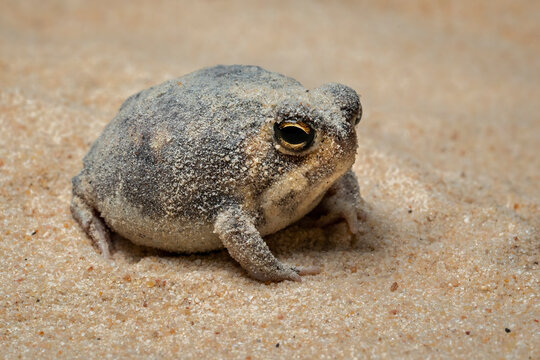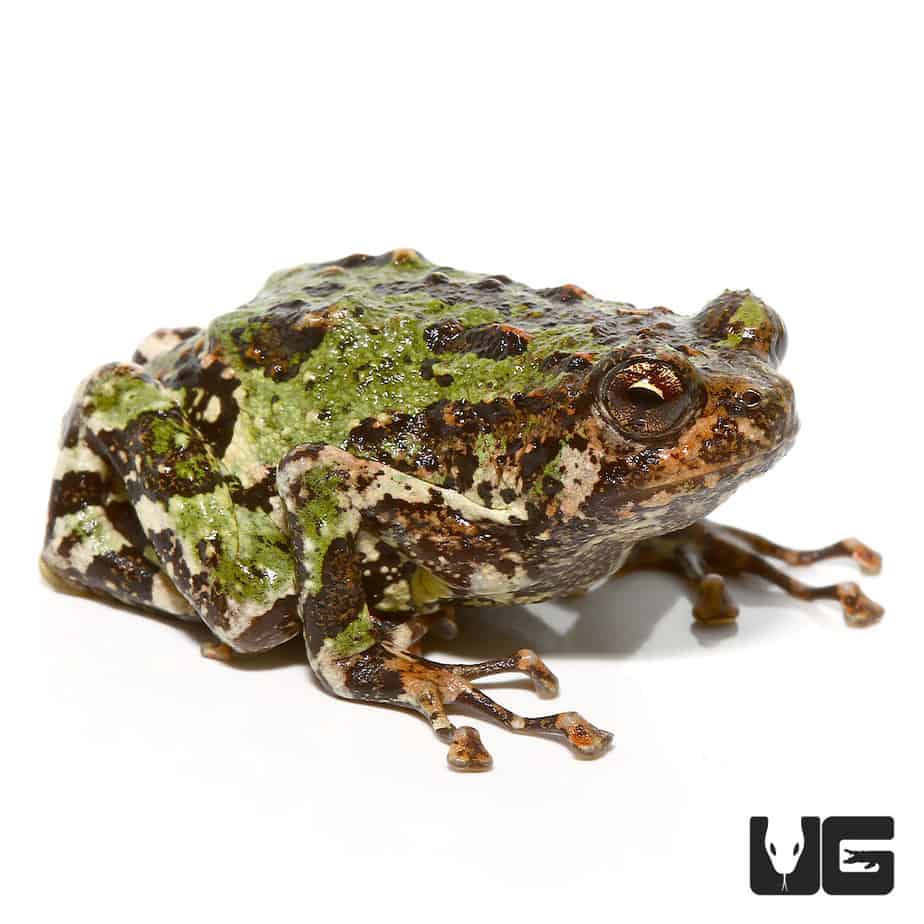Rain Frog for Sale: Boost Your Collection with Uncommon and Unique Amphibians!
Rain Frog for Sale: Boost Your Collection with Uncommon and Unique Amphibians!
Blog Article
Common Health And Wellness Issues in Reptiles: Signs and Solutions
In the intricate globe of reptile treatment, understanding the usual health issues that may affect these distinct creatures is critical in guaranteeing their health. From respiratory system infections that can silently hold to metabolic bone conditions that can incapacitate, reptiles are vulnerable to an array of disorders that require eager monitoring and timely treatment. Whether it's coming to grips with parasitical invasions, navigating dehydration worries, or addressing skin disorders that manifest in refined ways, being in harmony with the signs and symptoms and equipped with the knowledge of effective services is vital for any kind of reptile owner. By delving better right into the subtleties of these health and wellness concerns and discovering the functional remedies offered, one can protect the health and vitality of these fascinating animals.
Breathing Infections
Respiratory infections in reptiles can significantly influence their total health and wellness and need prompt attention from seasoned vets. In reptiles, breathing infections can be especially challenging to detect and deal with due to their distinct anatomy and physiology.
Therapy for respiratory system infections in reptiles normally includes a mix of supportive treatment, such as preserving proper moisture levels and temperature level gradients in the unit, in addition to targeted medicine to address the details microorganism responsible for the infection. It is critical for reptile owners to monitor their family pets carefully for any kind of indications of respiratory distress and look for vet care at the earliest sign of a problem. With prompt treatment and suitable treatment, many reptiles can recoup completely from respiratory infections and return to normal activities.

Metabolic Bone Illness
What factors contribute to the growth of Metabolic Bone Condition in reptiles?
Metabolic Bone Disease (MBD) in reptiles is mainly triggered by a lack of appropriate calcium, phosphorus, and vitamin D3 levels in their diet. Furthermore, insufficient exposure to UVB light avoids reptiles from synthesizing vitamin D3, which is important for calcium absorption and bone health and wellness.
Insufficient moisture levels can additionally affect a reptile's capacity to metabolize calcium successfully. Regular vet check-ups, appropriate husbandry practices, and a well balanced diet are crucial to stop Metabolic Bone Disease in reptiles.
Parasitical Infestations
Parasitical infestations present a significant wellness risk to reptiles, impacting their overall well-being and calling for punctual veterinary interest. Reptiles can be influenced by numerous parasites, consisting of termites, ticks, internal worms, and protozoa. These parasites can create a variety of signs and symptoms, such as weight management, sleepiness, skin inflammation, looseness of the bowels, and even death if left unattended.
One common parasite located in reptiles is the mite, which can cause skin stress, inflammation, and anemia. Ticks are another outside parasite that can transfer conditions and create discomfort to the reptile. Internal parasites like worms and protozoa can result in digestion concerns, malnutrition, and compromise the reptile's immune system.
To identify a parasitic invasion, a veterinarian may carry out fecal tests, skin scrapings, or blood tests. Treatment frequently includes deworming medicines, antiparasitic bathrooms, or in serious instances, a hospital stay. Preventative actions such as normal veterinary examinations, correct health, and quarantine treatments for brand-new reptiles can help reduce the danger of parasitical invasions and ensure the well-being of reptile pet dogs.
Dehydration and Hydration Issues
Dehydration in reptiles can significantly influence their health and wellness, requiring prompt treatment and suitable hydration administration. Reptiles are prone to dehydration because of different variables such as poor water intake, high environmental temperature levels, and certain health conditions. Symptoms of dehydration in reptiles consist of sunken eyes, lethargy, loss of skin flexibility, and decreased peeing. If left unattended, dehydration can cause severe health concerns and also be fatal to the reptile.
To stop dehydration, reptile owners must ensure that their pets have access to tidy water at all times. The water recipe ought to be large enough for the reptile to saturate in if needed, especially for varieties that soak up water via their skin. Additionally, keeping proper humidity degrees in the reptile's unit and providing normal baths can aid protect against dehydration.
In situations of dehydration, it is vital to look for vet treatment quickly. A veterinarian may carry out fluids either orally or with shots to rehydrate the reptile. It is vital to attend to the underlying reason for dehydration to stop reoccurrence and make certain the reptile's overall well-being.
Skin Conditions

Final Thought

Respiratory system infections in reptiles can substantially impact their total health and wellness and require punctual attention from seasoned veterinarians (rain frog for sale). Preventative measures such as routine veterinary examinations, proper health, and quarantine procedures for brand-new reptiles can help decrease the risk of parasitical invasions and make certain the wellness of reptile animals
If left without treatment, dehydration can lead to severe health and wellness issues and even be fatal to the reptile.
Regularly inspecting your reptile for any useful link kind of modifications in skin color, look, or appearance can aid in early discovery and treatment of skin conditions, advertising the total health and wellness of your flaky companion. - rain frog for sale
In final thought, reptiles are vulnerable to numerous wellness issues such as breathing infections, metabolic bone condition, parasitic invasions, dehydration, and skin conditions.
Report this page